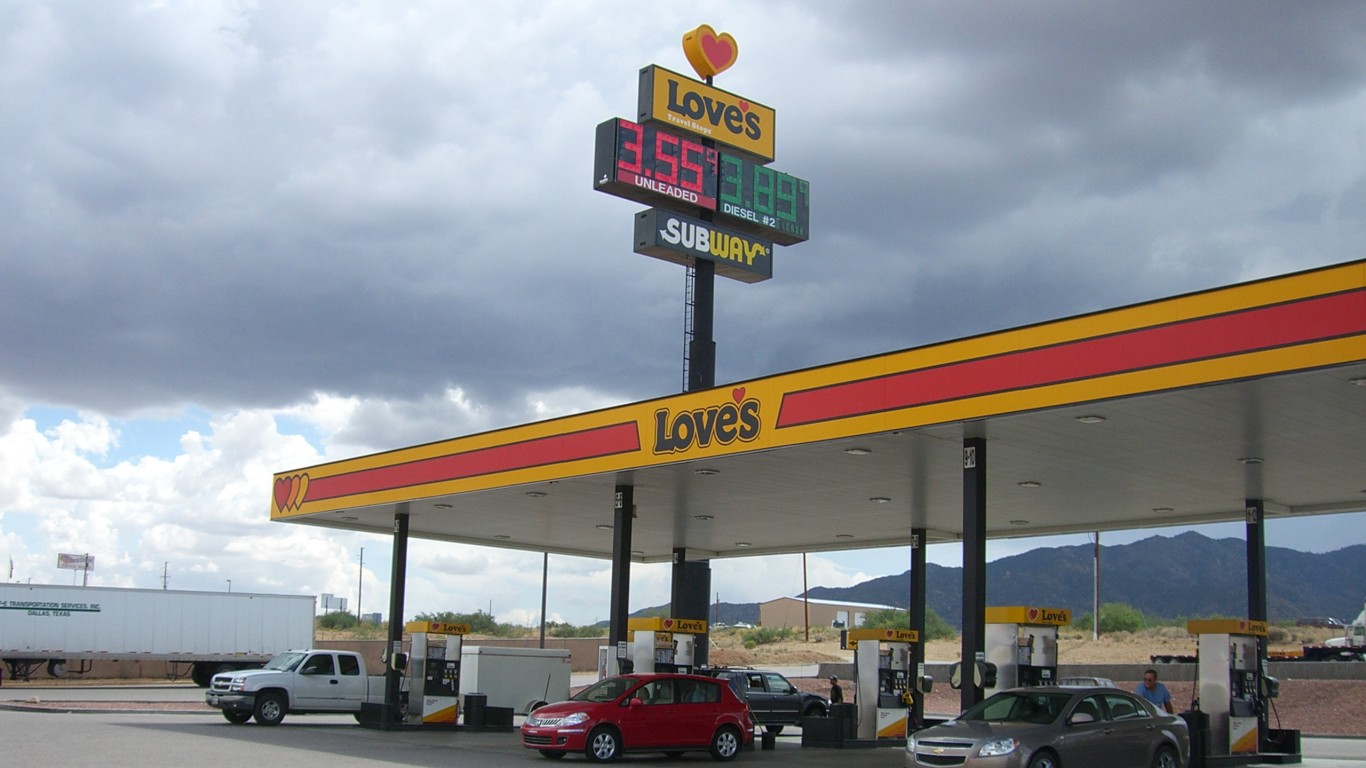

The largest oil refinery on the East Coast will close following last Friday’s early morning explosion and fire that destroyed the plant’s 30,000-barrel-per-day alkylation unit that processes refined products like gasoline and diesel fuel using highly toxic hydrofluoric acid.
Philadelphia Mayor Jim Kenney said in a statement that he had spoken to the Philadelphia Energy Solutions (PES) refinery’s owners who confirmed that the plant will close within the next month. About 1,000 people are employed at the refinery of which 700 are members of the United Steelworkers union. According to a Reuters report, about 100 non-union employees would be fired Wednesday and a “significant” number of union employees will be fired by mid-July. A union spokesman estimated that the plant’s closure would cost “tens of thousands” of indirect job losses.
The Reuters report also noted that PES is expected to file a notice of its intent to close the refinery with state and federal regulators as soon as Wednesday.
The PES refinery is the largest on the U.S. East Coast and includes two refinery units: Girard Point and Point Breeze. The plant’s throughput capacity is 335,000 barrels of crude a day and the loss of that much refining capability will crimp supplies and increase prices for motor fuel, propane, heating oil, and jet fuel all along the mid-Atlantic coast.
Last Friday’s explosion and fire caused only four minor injuries, but it could have been far worse if the hydrofluoric acid stored at the refinery had caught fire. The vapor created by such a blaze could have caused serious damage to nearby residents’ skin, eyes, and lungs.
PES filed for bankruptcy in January 2018, blaming its troubles on a federal requirement that refiners either blend ethanol into their products or purchase renewable fuel credits, called RINs, from refiners who do. The bankruptcy court allowed PES to retire the RINs, ginning up the ire of renewable fuels providers.
Not everyone will be sad to see the refinery, which opened for business in 1870, closed down. Clean Air Council advocacy director Matt Walker told Philadelphia NPR station WHYY last week, “PES is the Philly area’s largest industrial source of harmful air pollution and this fire adds to its track record of air permit violations and incidents that negatively impact public health.”
After 150 years of operation at the same site, a post-closing environmental cleanup is certain to be a long and expensive prospect. According to Reuters, Credit Suisse Asset Management and investment management firm Bardin Hill are the controlling owners of PES and Carlyle Group and the Sunoco subsidiary of Energy Transfer Partners hold minority interests. Where the responsibility lies for paying to clean up the site remains unreported.
Essential Tips for Investing: Sponsored
A financial advisor can help you understand the advantages and disadvantages of investment properties. Finding a qualified financial advisor doesn’t have to be hard. SmartAsset’s free tool matches you with up to three financial advisors who serve your area, and you can interview your advisor matches at no cost to decide which one is right for you. If you’re ready to find an advisor who can help you achieve your financial goals, get started now.
Investing in real estate can diversify your portfolio. But expanding your horizons may add additional costs. If you’re an investor looking to minimize expenses, consider checking out online brokerages. They often offer low investment fees, helping you maximize your profit.
Thank you for reading! Have some feedback for us?
Contact the 24/7 Wall St. editorial team.


